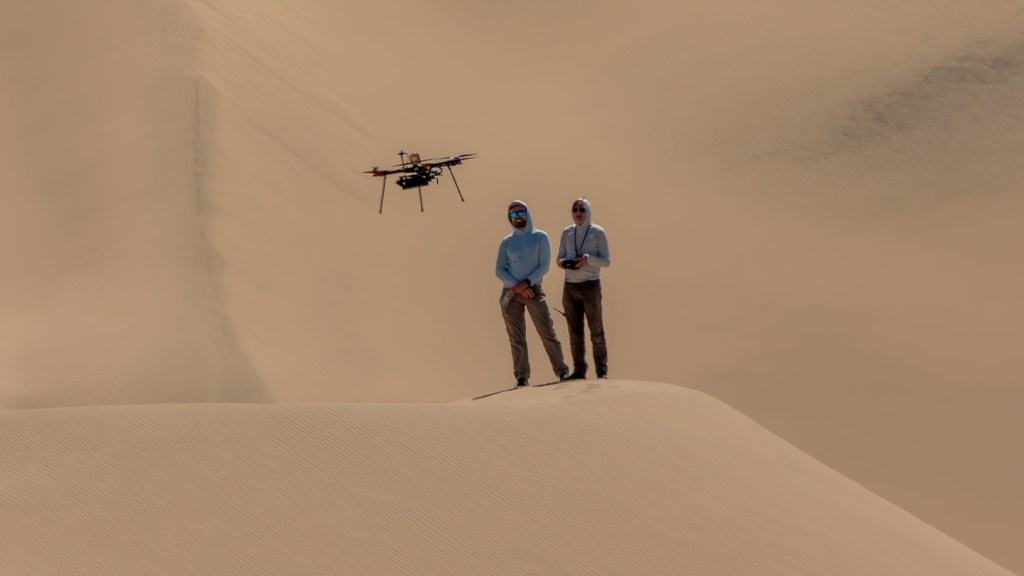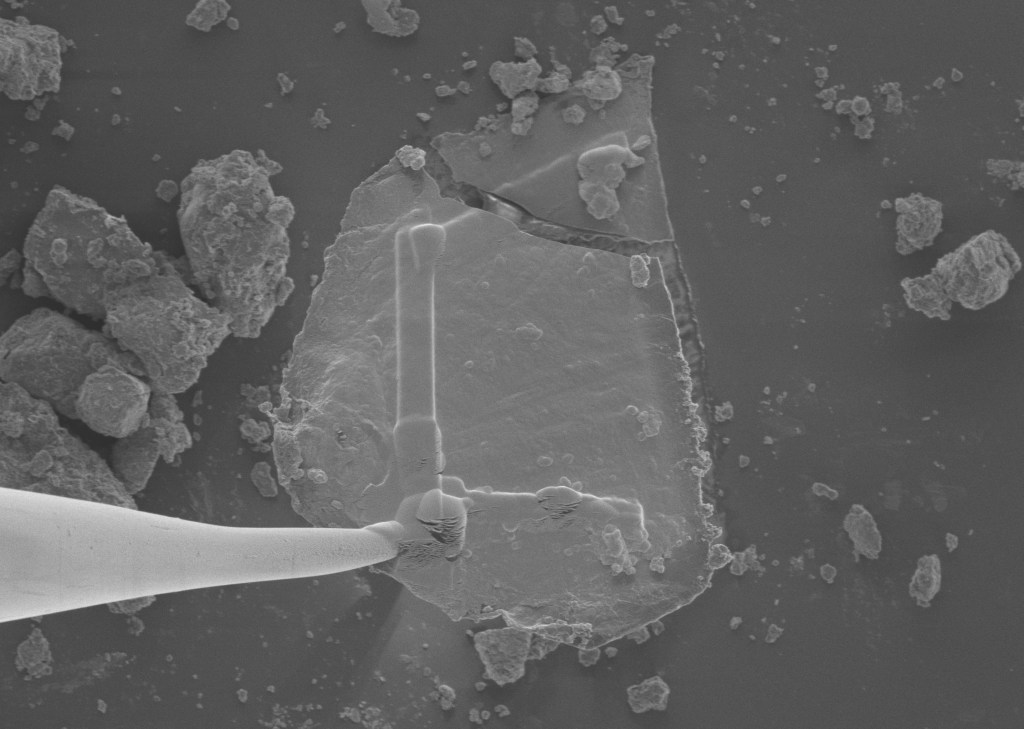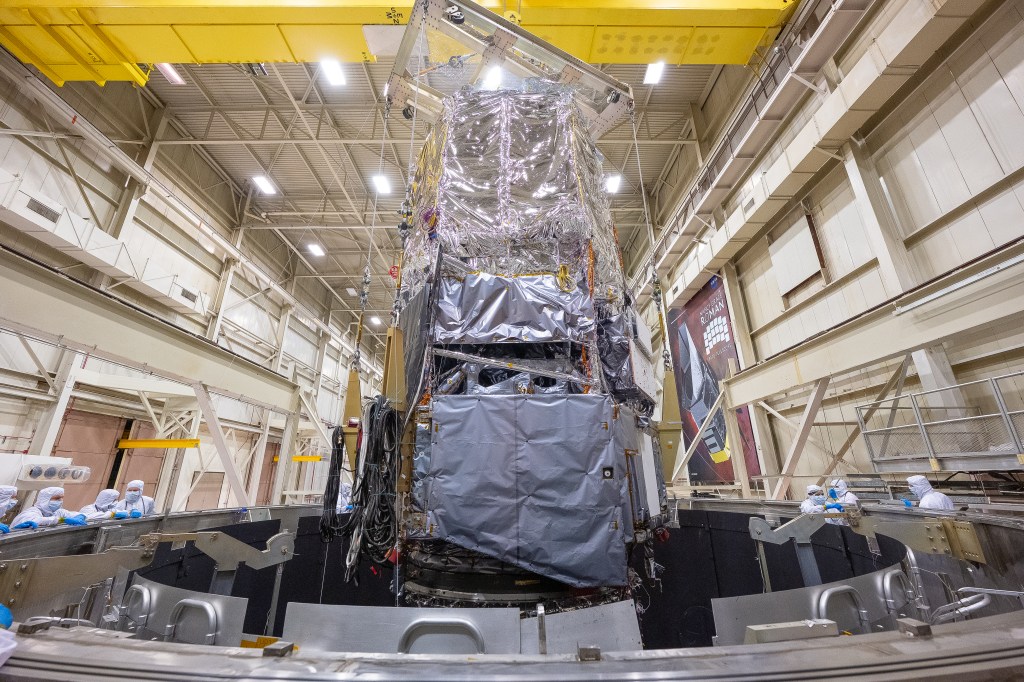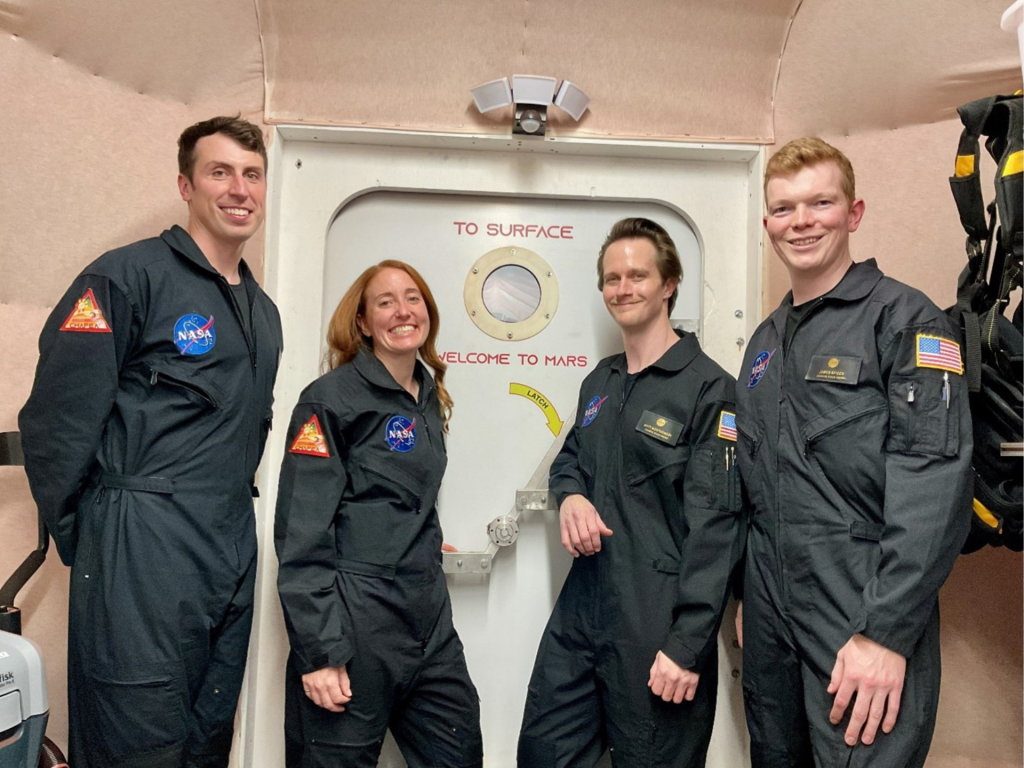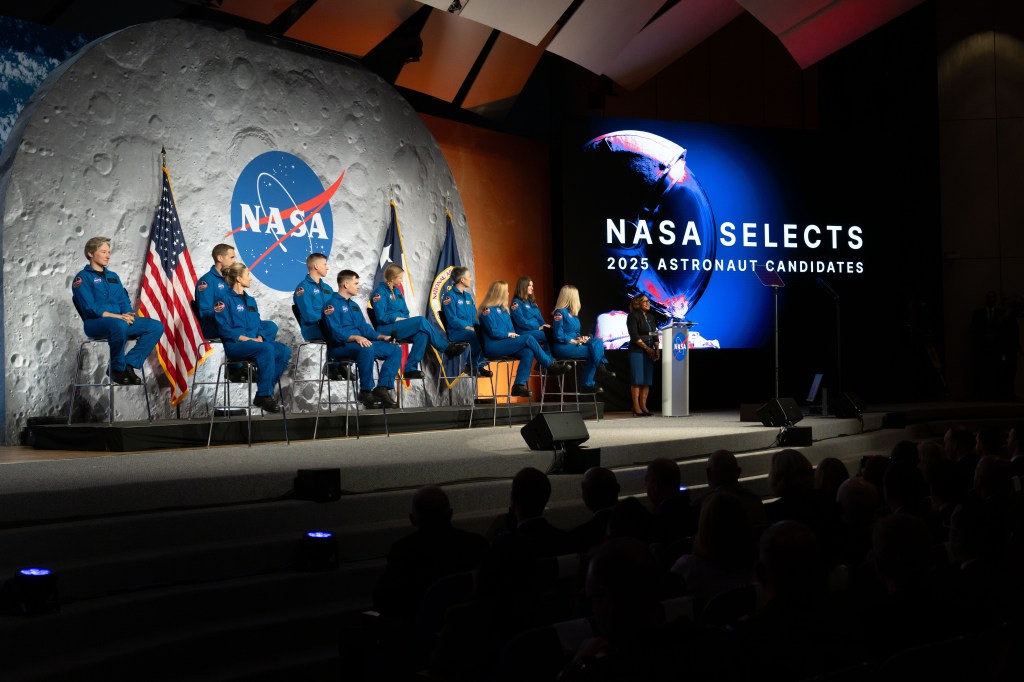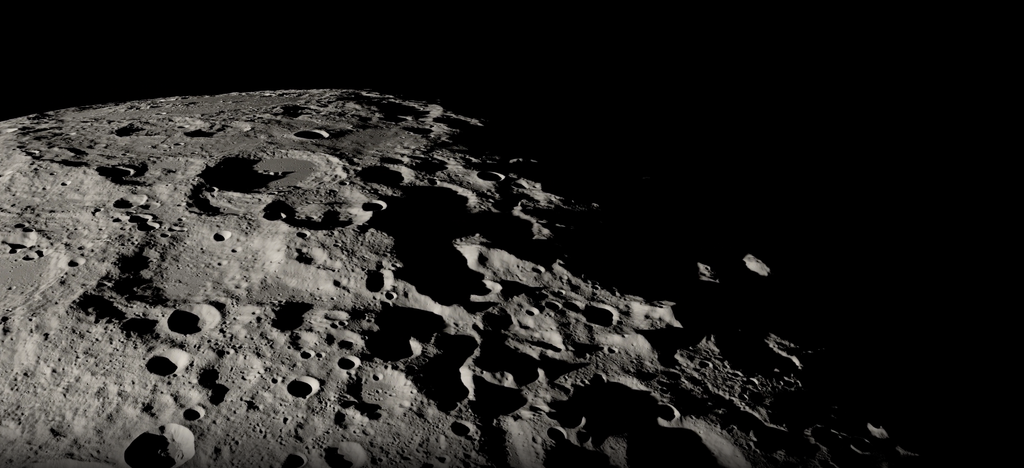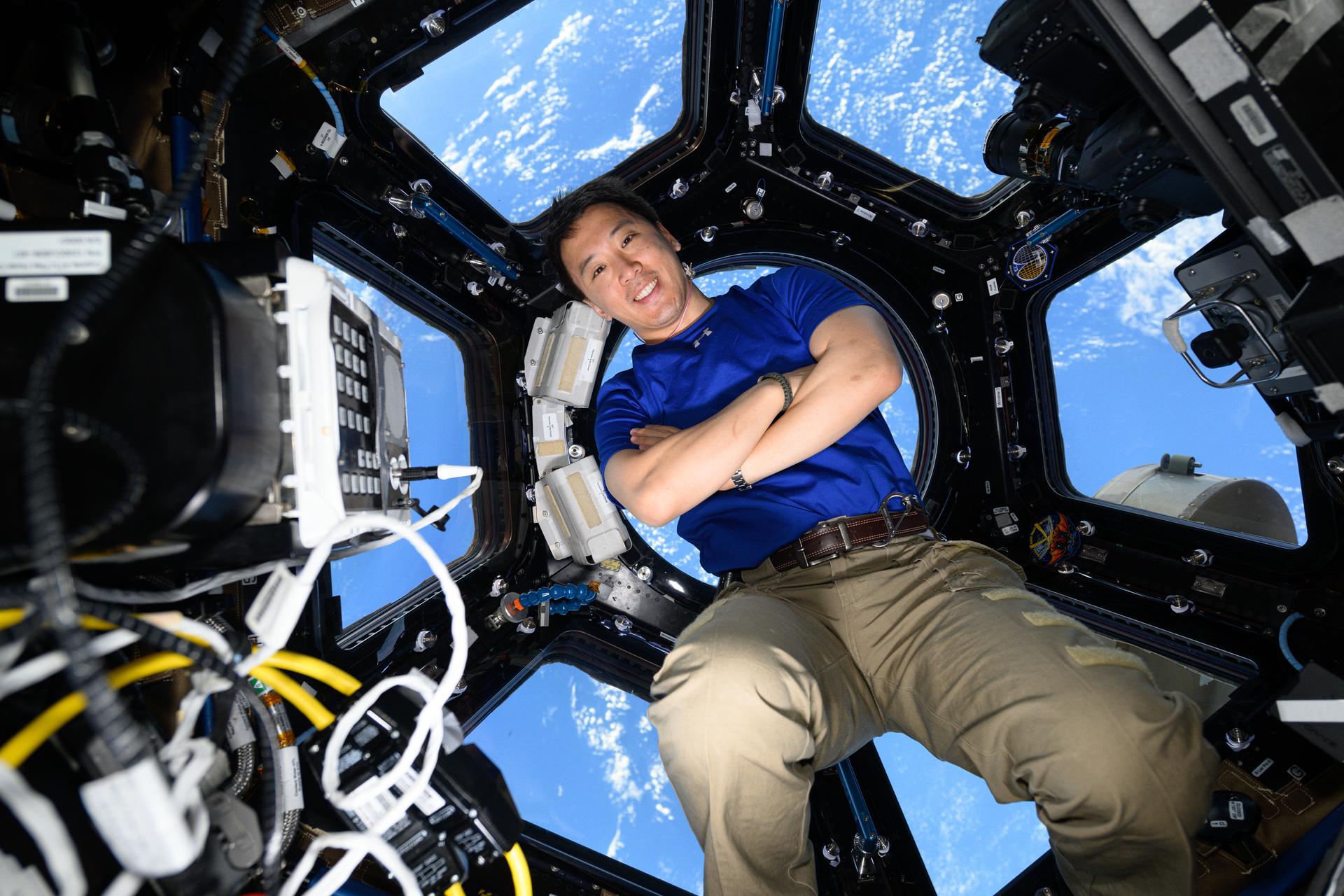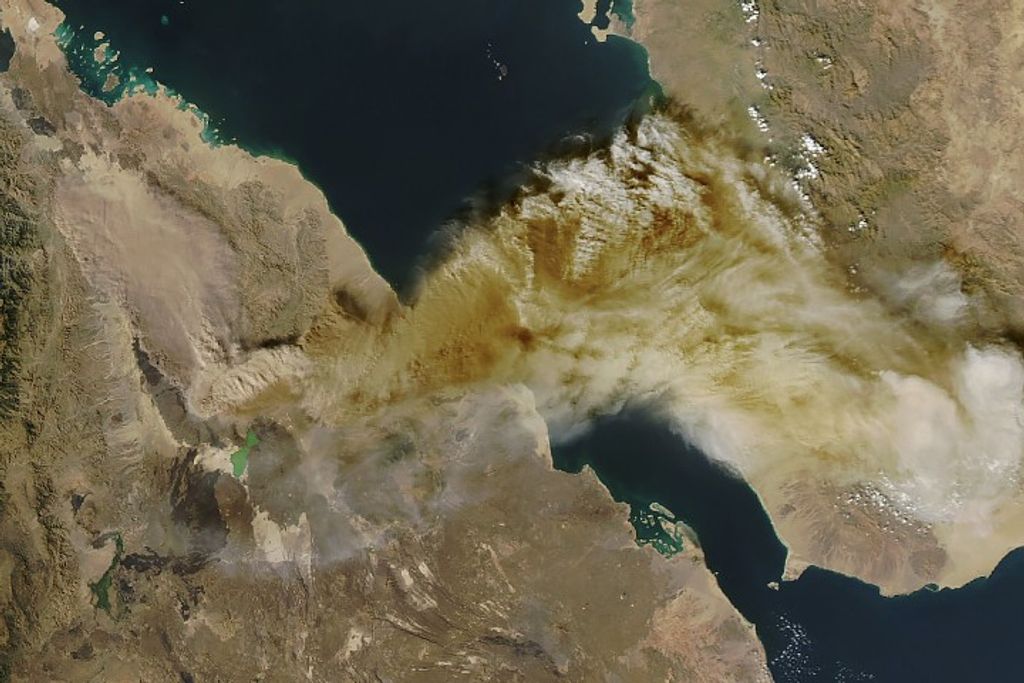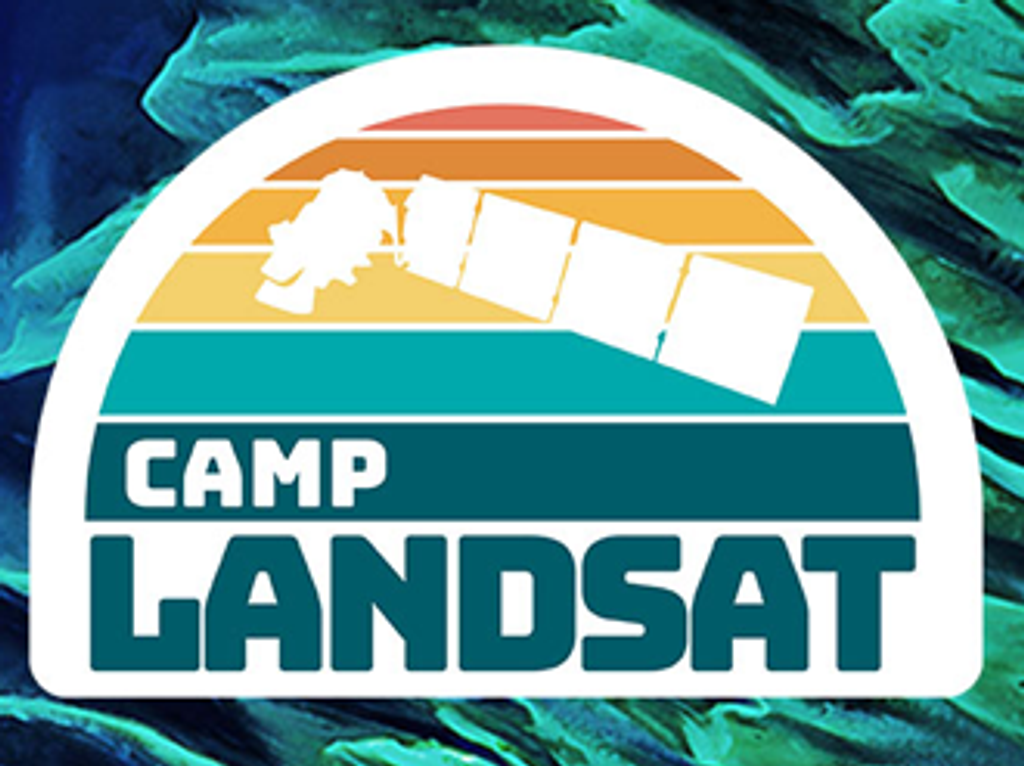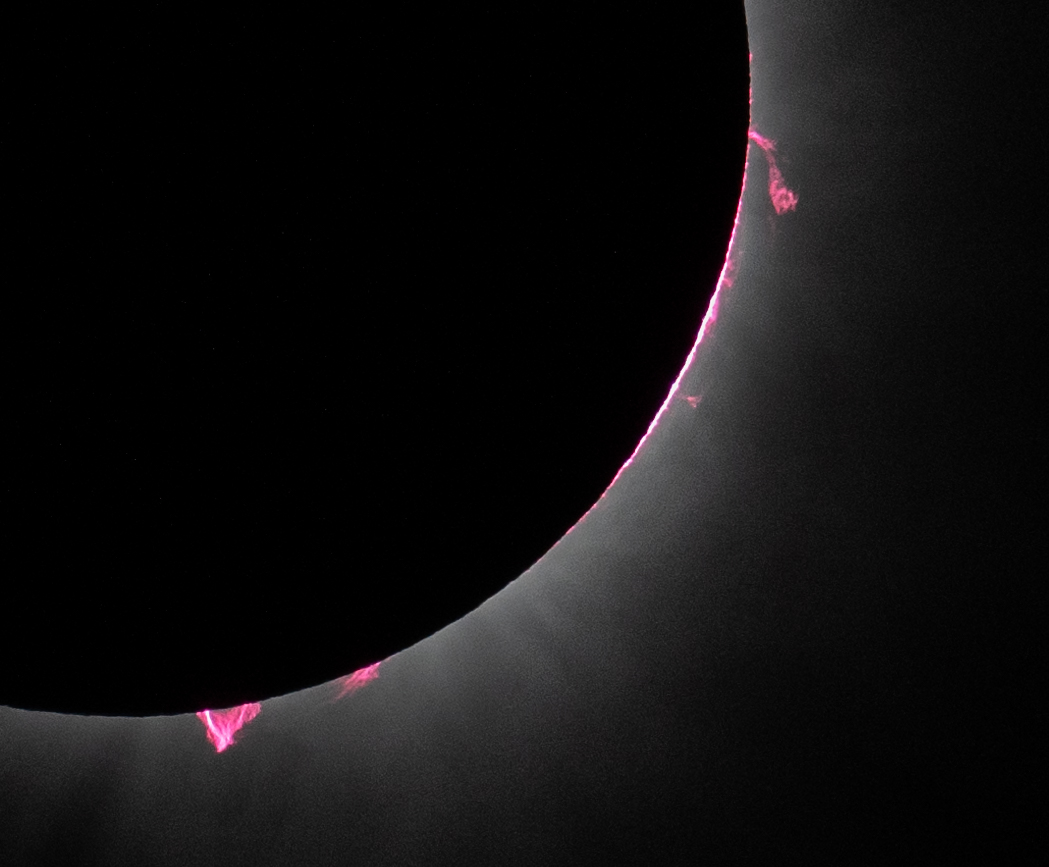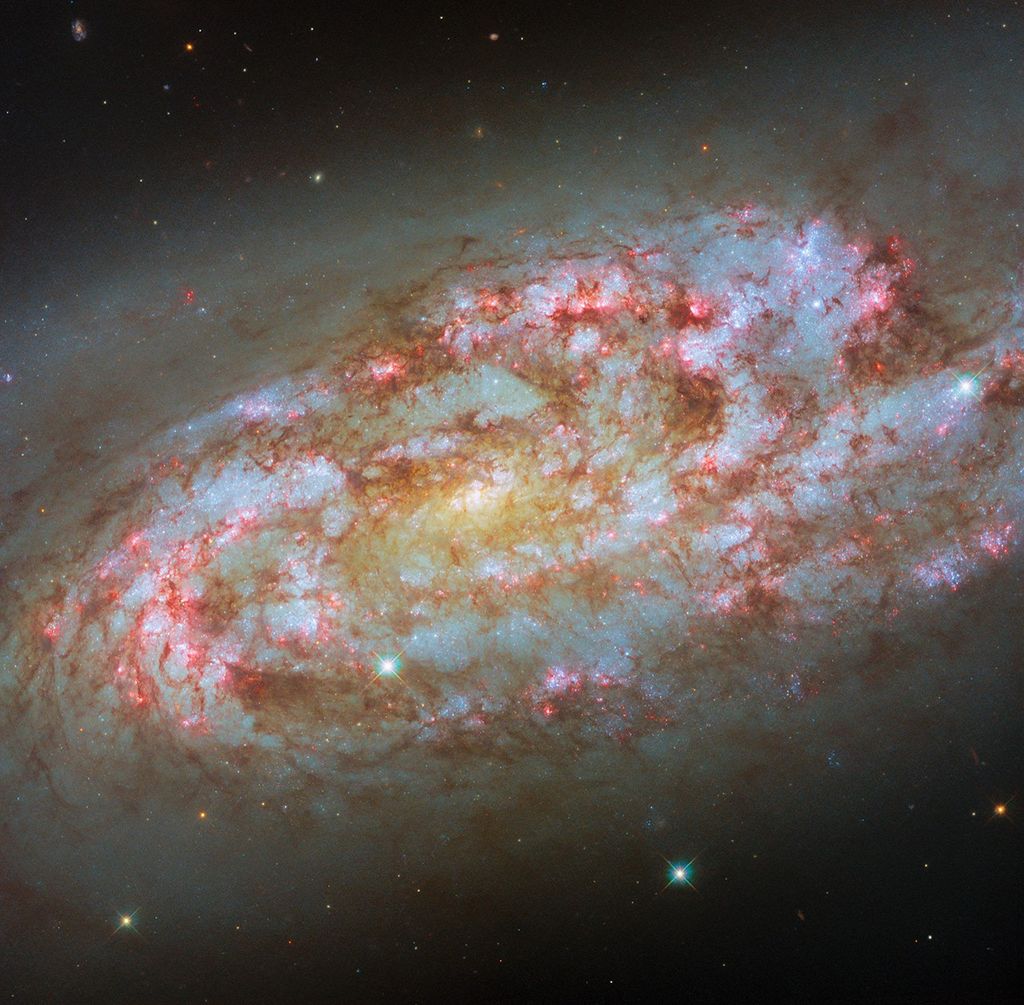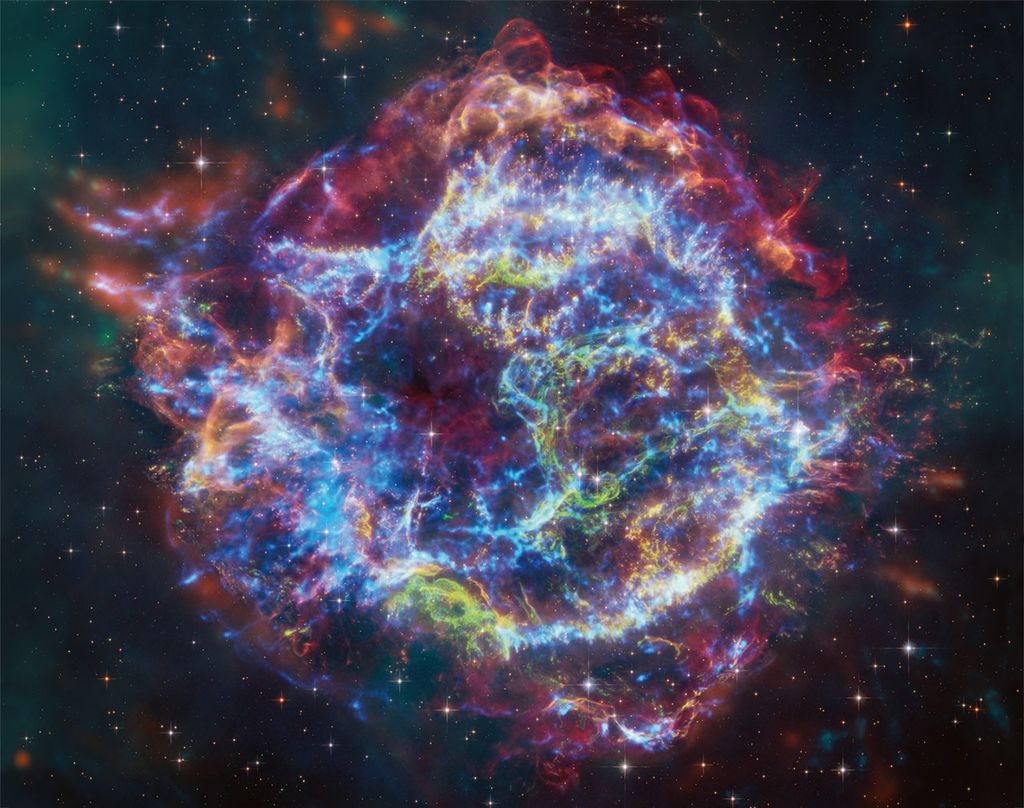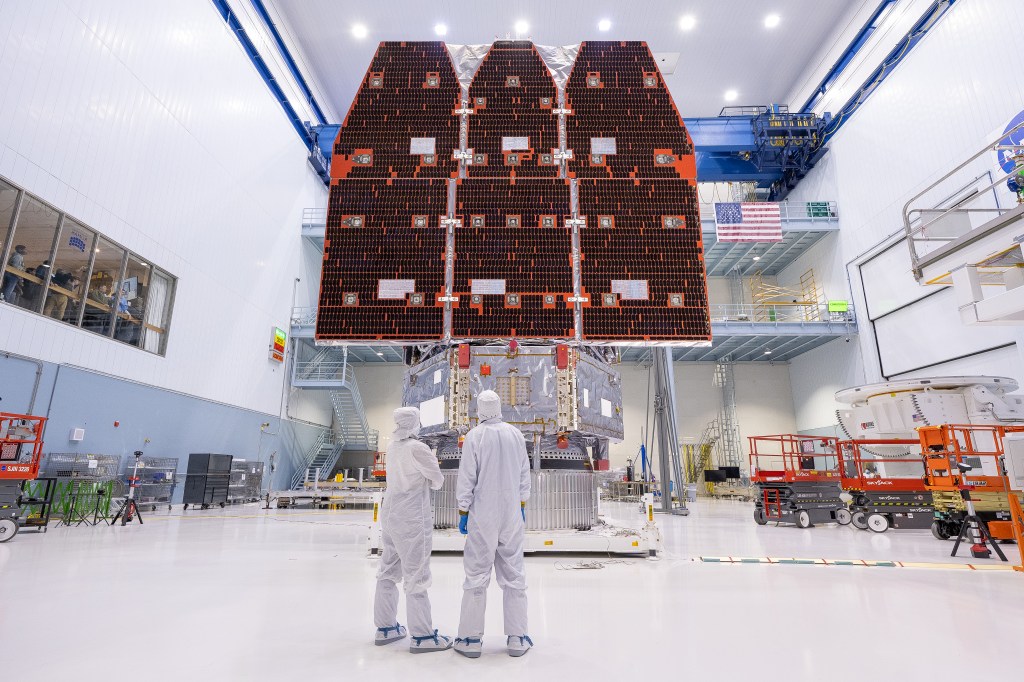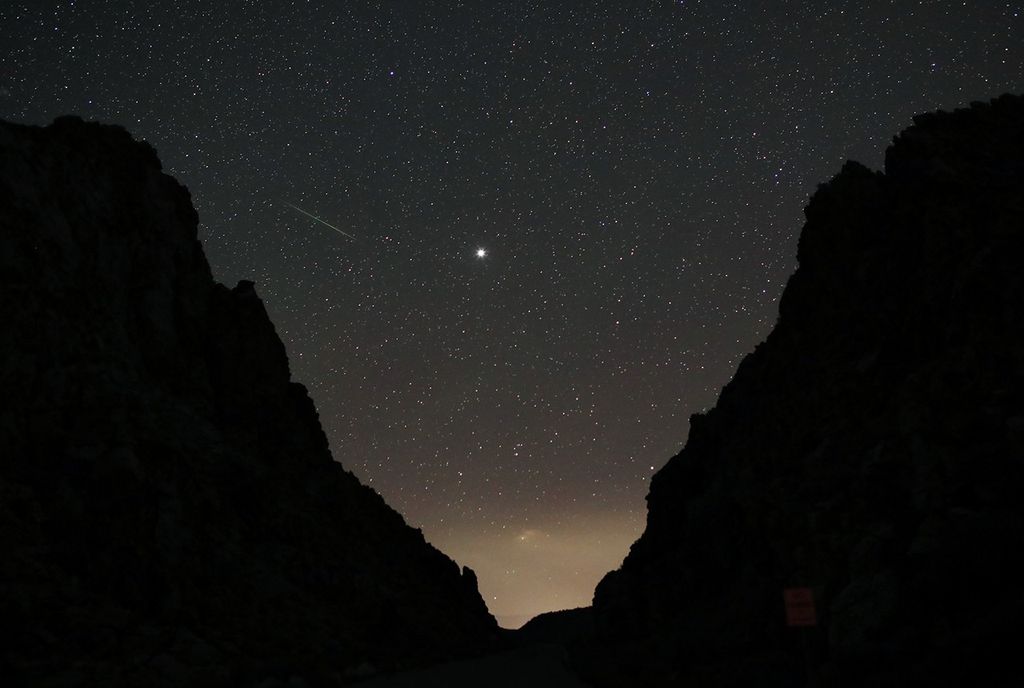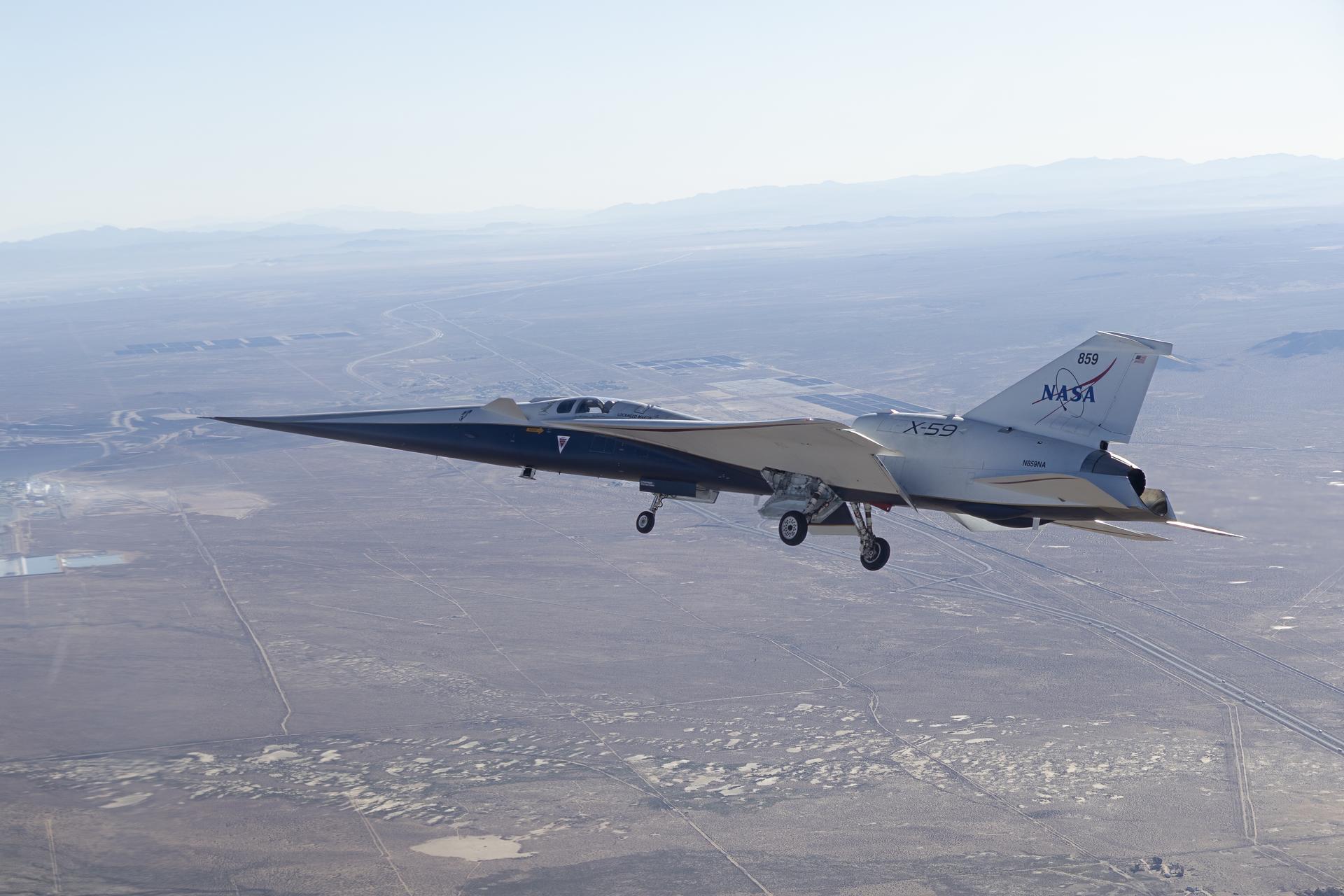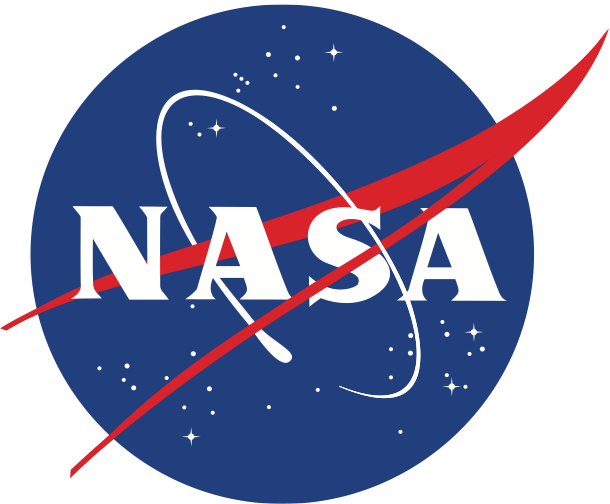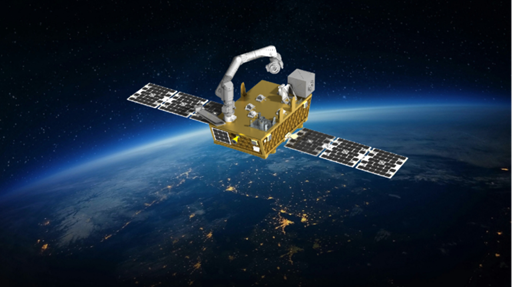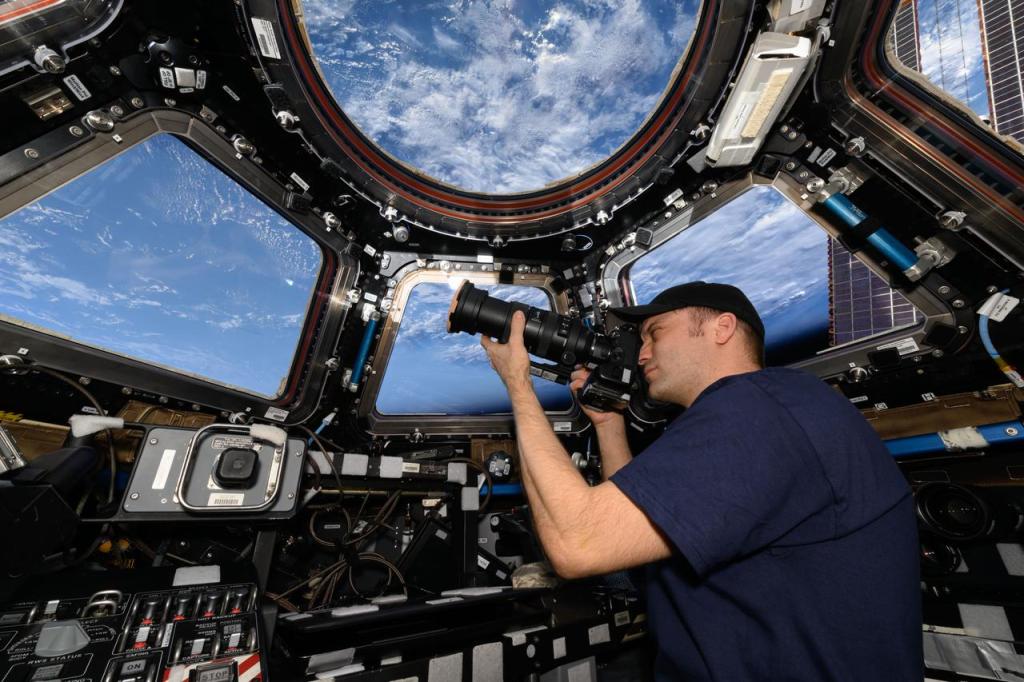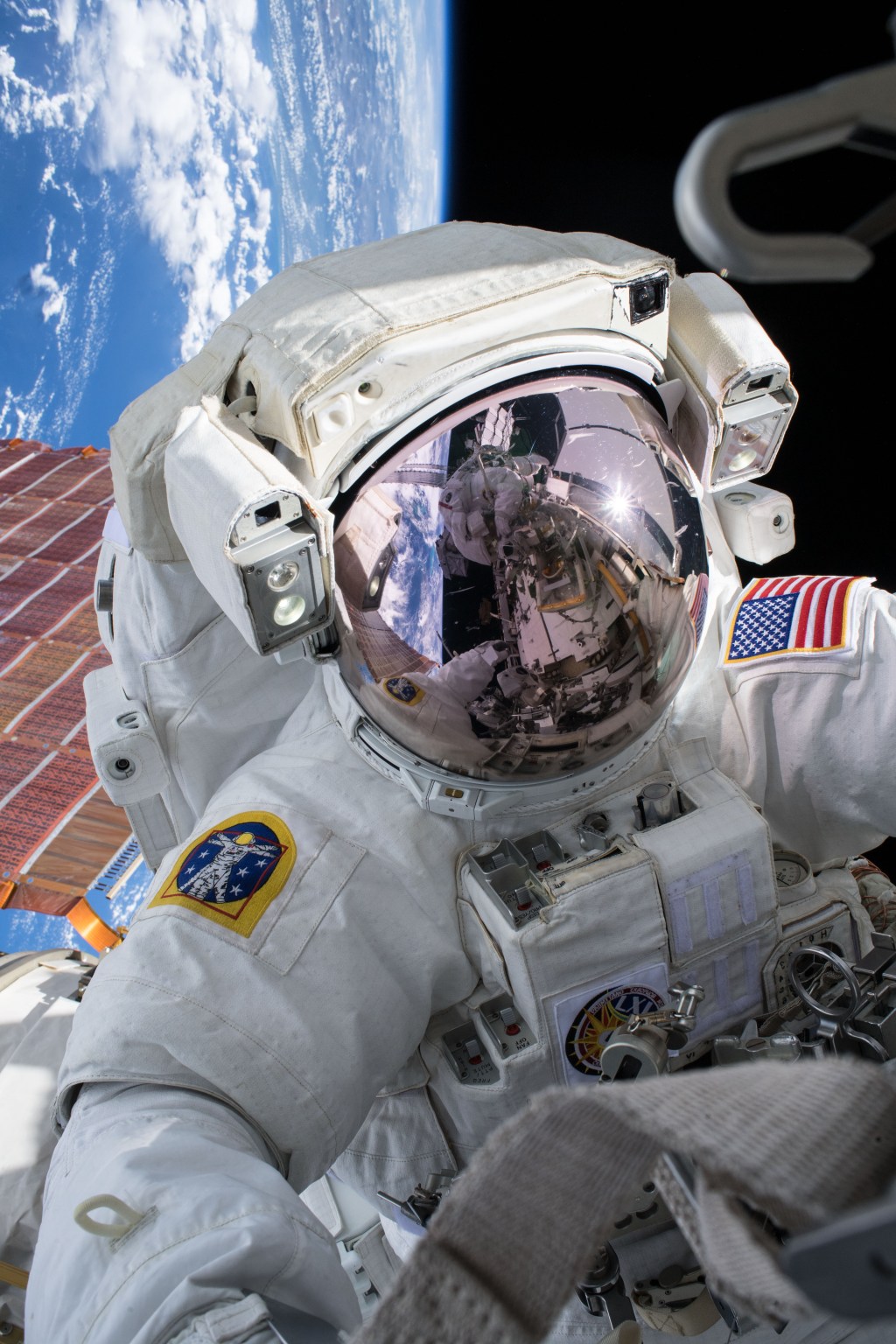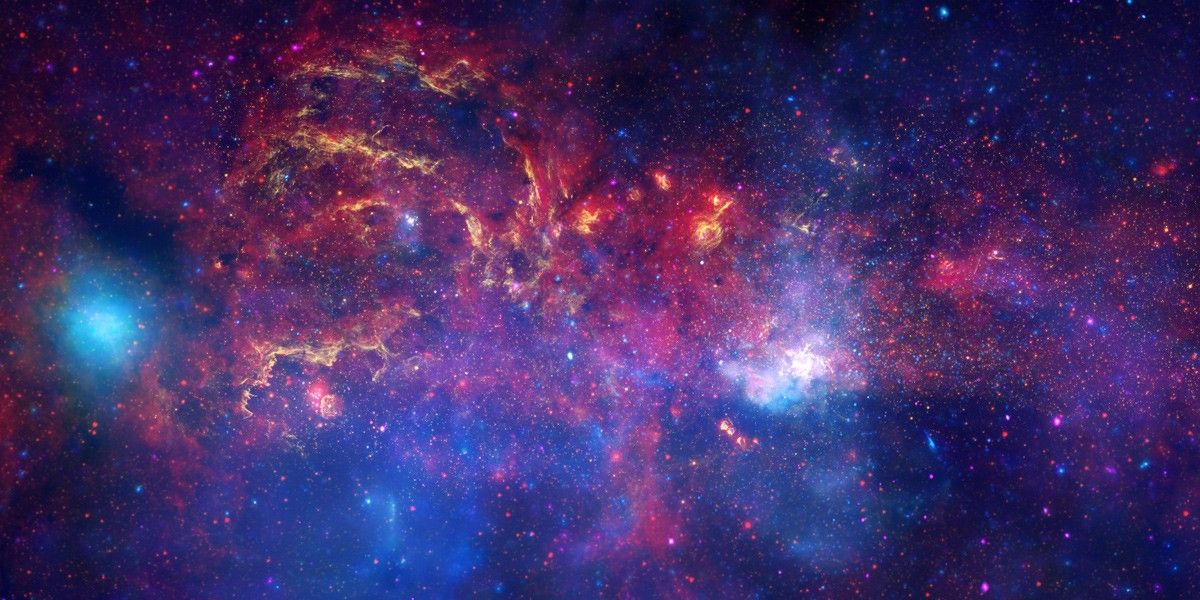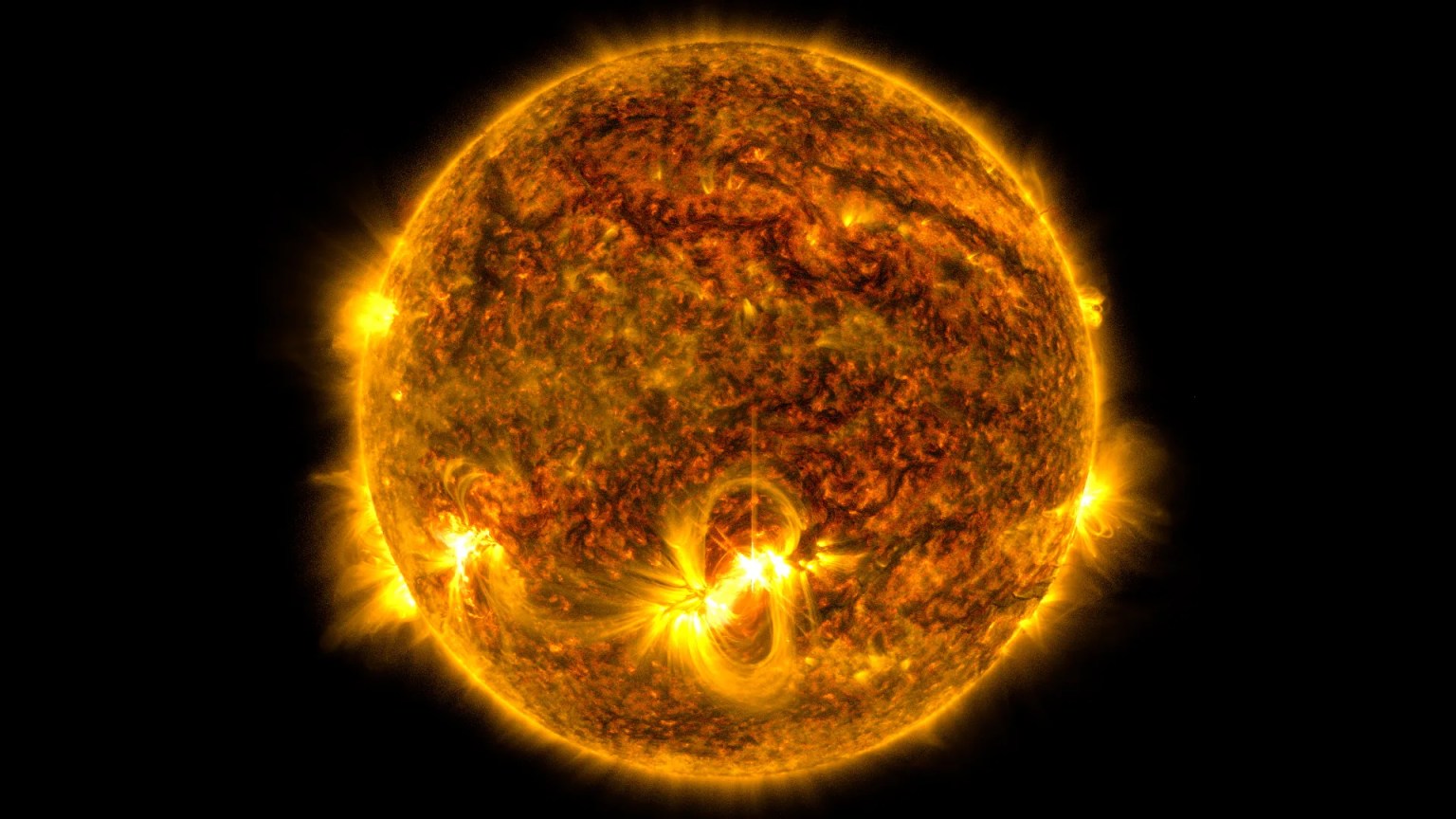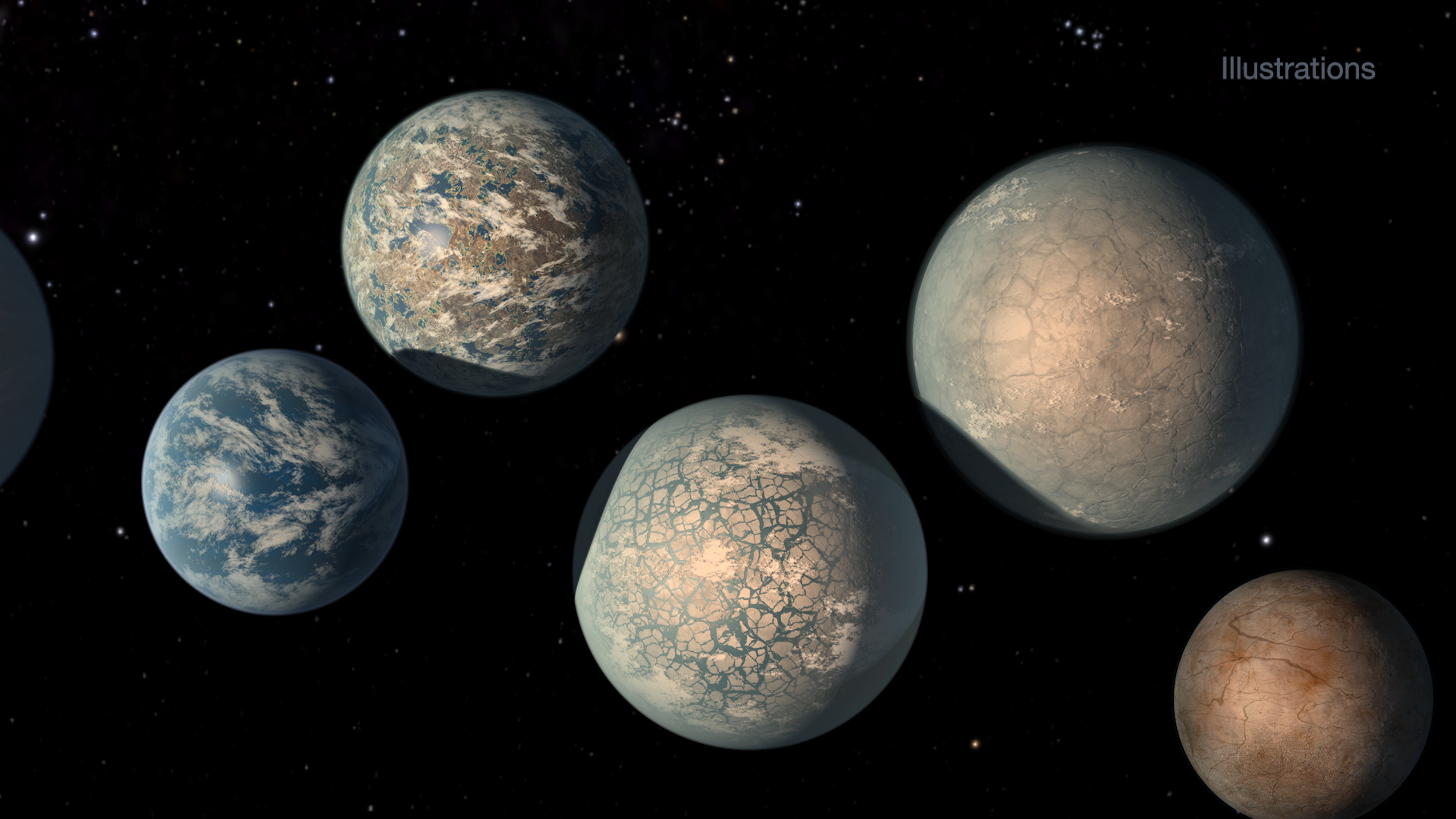Precursors to Pathways: Science Enabling NASA Astrophysics Future Great Observatories
Precursor Science Gaps for 2022 ROSES Proposal Call
Precursor Science Workshop I
- When: 20-22 April 2022
- Where: Virtual
- Who: all community members interested in precursor science for NASA's future Great Observatories
This workshop solicits broad community input that will inform the creation of a new NASA ROSES funding element, with proposals due later in 2022. This Precursor Science element support researchers’, including early career researchers', science investigations that will reduce future Great Observatory mission risk and inform mission designs and trades when those activities begin. All three Great Observatory concepts identified in the Astro2020 Decadal Survey Report are in the scope of this activity. These precursor science investigations may include, but are not limited to, theoretical studies, laboratory astrophysics experiments, archival research, and observational investigations.
Examples of precursor science associated with earlier Great Observatories include the Guide Star Catalog, developed for Hubble and 2MASS for Spitzer. Currently, Extreme-Precision Radial Velocity studies are an example of precursor science for a planet-characterization mission.
Participants in the workshop will engage in foundational efforts to establish or improve scientific metrics that will form the basis for assessing future mission performance. This work will critically shape these future Great Observatories. Particularly because of this, we are striving to ensure that these workshops will be accessible to all scientists.
This three-day workshop features an initial day to frame our current understanding, including short reviews of relevant aspects of Astro2020 and the previous Large Mission Concepts, and to identify existing resources, such as the Exoplanet Science Gap list, and processes for determining what science is precursor, preparatory, follow-up, or other types (definitions below). We will also begin to identify existing and define new science metrics to help scope and define the future Great Observatories. On the second day, we will break out into smaller group discussions devoted to each of the future Great Observatories. The final day will include reports from each of the group discussions and set plans for community activity through the summer in preparation for a second Precursor Science workshop in October.
Types of science investigations:
- Precursor Science: informs mission architecture/trades.
- Criticality: now.
- Preparatory Science: Informs data/interpretation or early operations.
- Criticality: by/after launch.
- Follow up: investigations that follow up on discoveries or other science from the mission
- Criticality: after launch/ potentially: coordination / planning prior to launch
- Other: everything else!
Organized in part by NASA HQ Astrophysics and NASA's Physics of the Cosmos, Cosmic Origins, and Exoplanet Exploration Program Offices.
For urgent queries, please contact Eric Smith eric.p.smith@nasa.gov and/or Terri Brandt t.j.brandt@nasa.gov.

